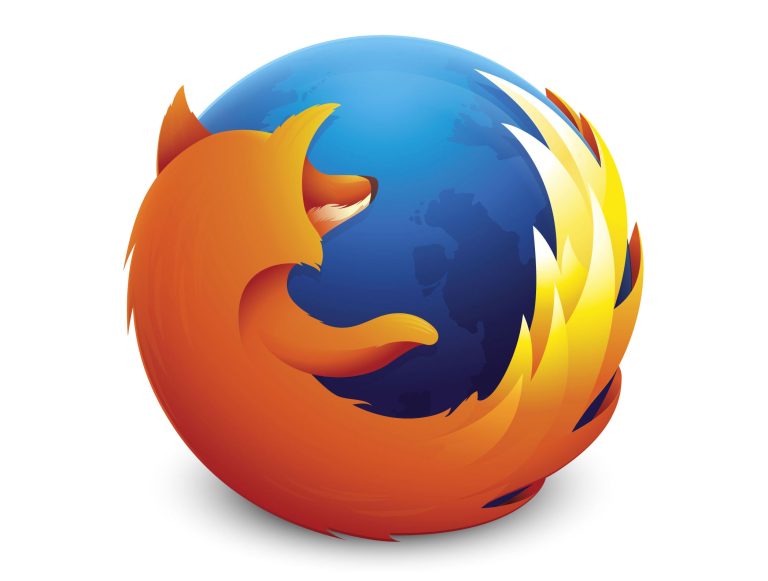Software company Mozilla has accused Google, Microsoft, and Apple of leveraging their access to devices and operating systems to compel more users to use their browsers, consequently disadvantaging Mozilla’s Firefox browser.
In a recent blog post, the company alleged that Microsoft, through the Windows Store, Google, as the owner of the Play Store, and Apple, with its App Store, are making it challenging for users to download and use a different browser.
Mozilla claimed that competitors are either ignoring or resetting a user’s default browser preference and restricting capabilities to the first-party browser.
Before resorting to calling out, Mozilla stated that it had engaged in dialogue with its competitors to address the issue, but these attempts failed.
Grounds of Concern
Mozilla highlighted its concerns about Apple forbidding third-party browser engines and restricting users’ ability to transfer their data when switching from Safari to another browser.
The company also expressed dissatisfaction that some Windows features launch Microsoft Edge instead of the user’s default browser, contrary to the user’s choice.
Similarly, Google and its Chrome browser were criticized because some Android features launch on Chrome instead of the user’s default browser.
Issue tracker
To escalate the matter, Mozilla announced the creation of an issue tracker platform to document how these platforms disadvantage Firefox and intend to engage with the vendors to resolve these issues.
- “Browsers are the principal gateway connecting people to the open Internet, acting as their agent and shaping their experience. The central role of browsers has long motivated us to build and improve Firefox to offer people an independent choice,” Mozilla stated.
- “However, this centrality also creates a strong incentive for dominant players to control the browser that people use. The right way to win users is to build a better product, but shortcuts can be irresistible — and there’s a long history of companies leveraging their control of devices and operating systems to tilt the playing field in favor of their browser,” it added.
Mozilla emphasized that the issues manifest in various ways, such as making it harder for a user to download and use a different browser, ignoring or resetting a user’s default browser preference, restricting capabilities to the first-party browser, or requiring the use of the first-party browser engine for third-party browsers.
With renewed public attention and an evolving regulatory environment, Mozilla is publishing these concerns using the same transparent process and tools it employs to develop positions on emerging technical standards.
Call for a level playing field
Mozilla encourages other browser vendors to publish their concerns similarly and welcomes the engagement and contributions of other non-browser groups interested in these issues.
- “We call on Apple, Google, and Microsoft to engage with us in this new forum to speedily resolve these concerns. People deserve choice, and choice requires the existence of viable alternatives. Alternatives and competition are good for everyone, but they can only flourish if the playing field is fair. It’s not today, but it’s also not hard to fix if the platform vendors wish to do so,” the company concluded.

